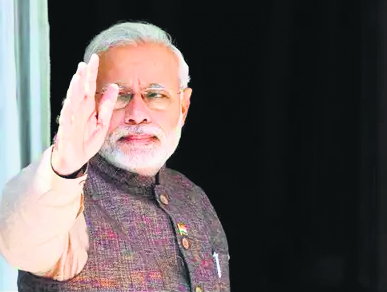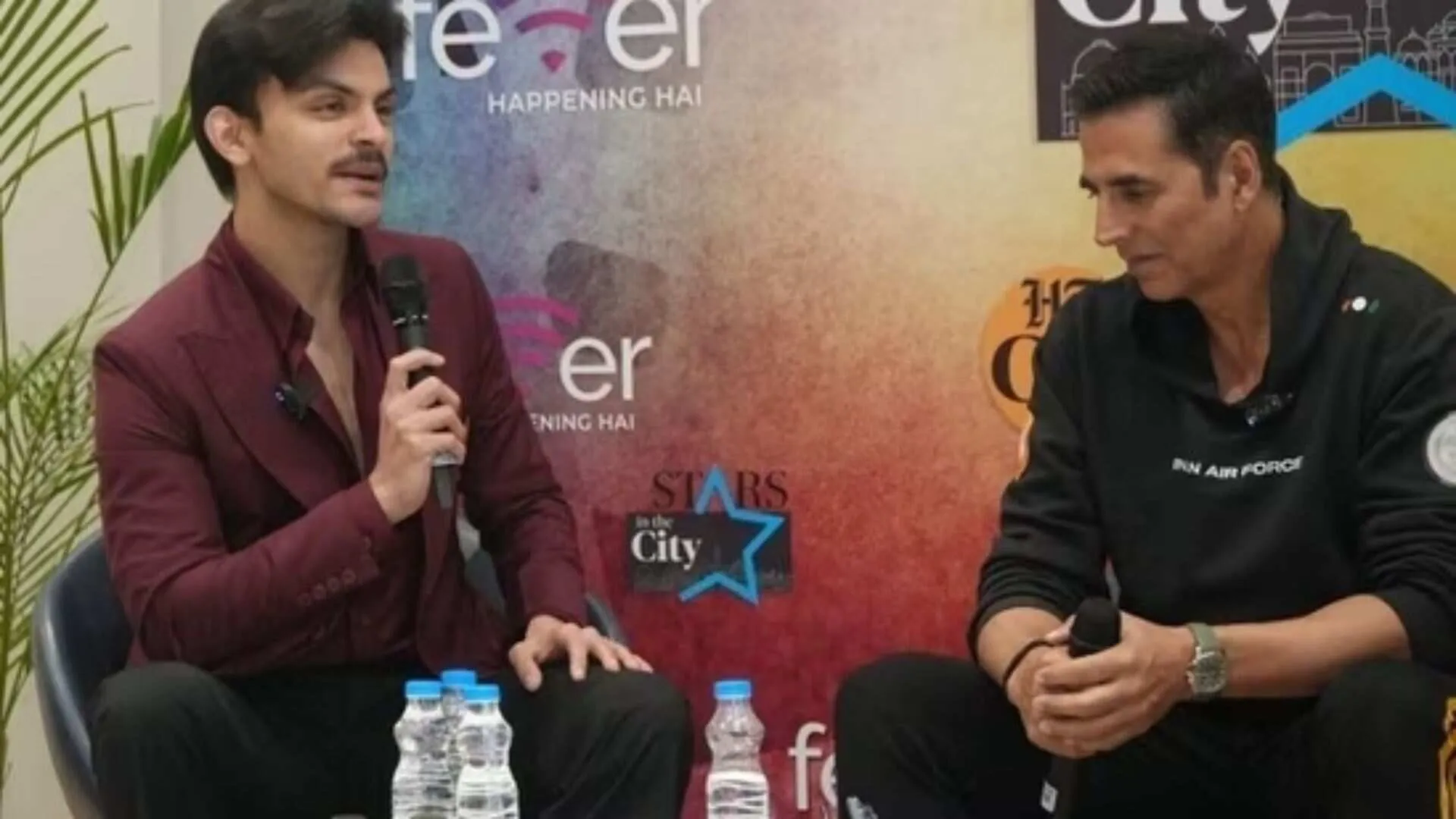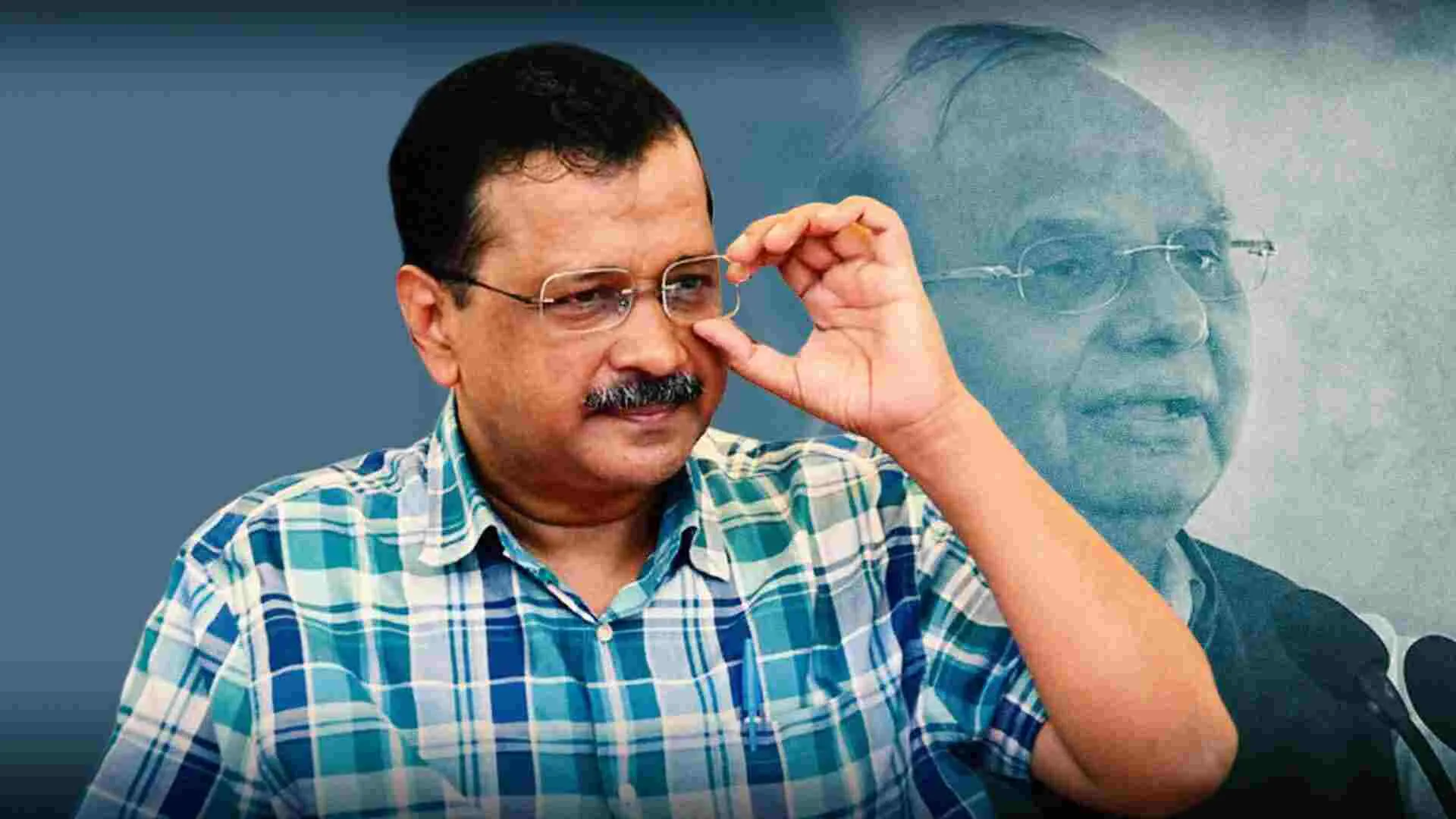Noting that there is excitement in the country over the Ram Temple in Ayodhya, Prime Minister Narendra Modi on Sunday urged people to share their creations such as ‘bhajans’ relating to it on social media with the hashtag ‘Shri Ram Bhajan’, saying this compilation will turn into a flow of emotions and devotion in which everyone will be imbued with the ethos of Lord Ram.
In his Mann Ki Baat radio broadcast, Prime Minister Modi also pointed out that there are many experienced as well as new emerging young artists who have composed heart-warming bhajans.
“There is excitement and enthusiasm in the entire country in connection with the Ram Mandir in Ayodhya. People are expressing their feelings in a multitude of ways. You must have noticed that during the last few days, many new songs and new bhajans have been composed on Shri Ram and Ayodhya,” Modi said.
Many people are also writing new poems, he noted.
“There are many experienced artists in it and new emerging young artists have also composed heart-warming bhajans. I have also shared some songs and bhajans on my social media,” the prime minister said.
It seems that the art world is becoming a participant in this historic moment in its own unique style, he said.
“One thing comes to my mind. Could we all share all such creations with a common hash tag? I request you to share your creations on social media with the hashtag Shri Ram Bhajan (#shriRamBhajan),” Modi said.
“This compilation will turn into a flow of emotions and devotion in which everyone will be immersively imbued with the ethos of Ram,” he added.
Prime Minister Modi visited Ayodhya on Saturday during which he inaugurated a redeveloped railway station and a newly-built airport, besides laying the foundation stone of a slew of other projects in Uttar Pradesh.
At a public rally Ayodhya on Saturday, Modi had said the whole world is waiting for the historic Ram Temple consecration ceremony on January 22 and appealed to people to light special diyas in their homes to celebrate the day of ‘pran pratishtha’ of Ram temple as
‘Deepawali’.

















